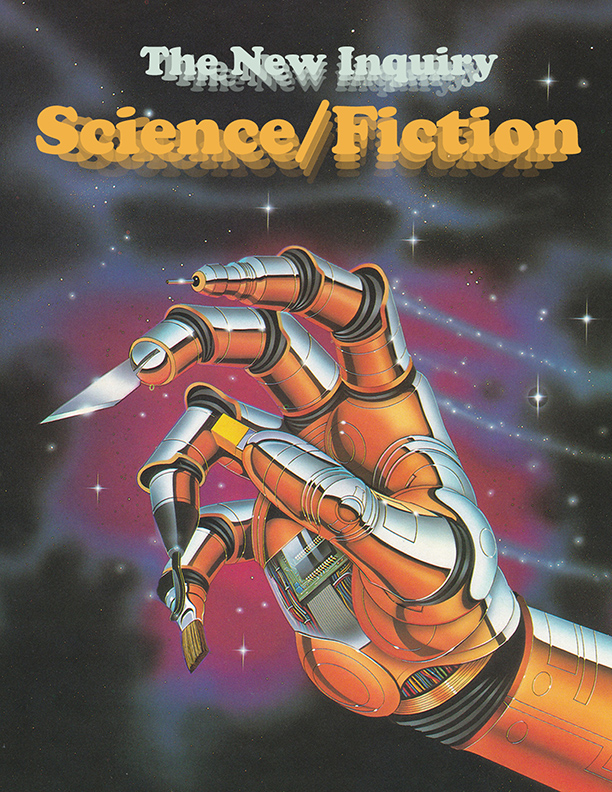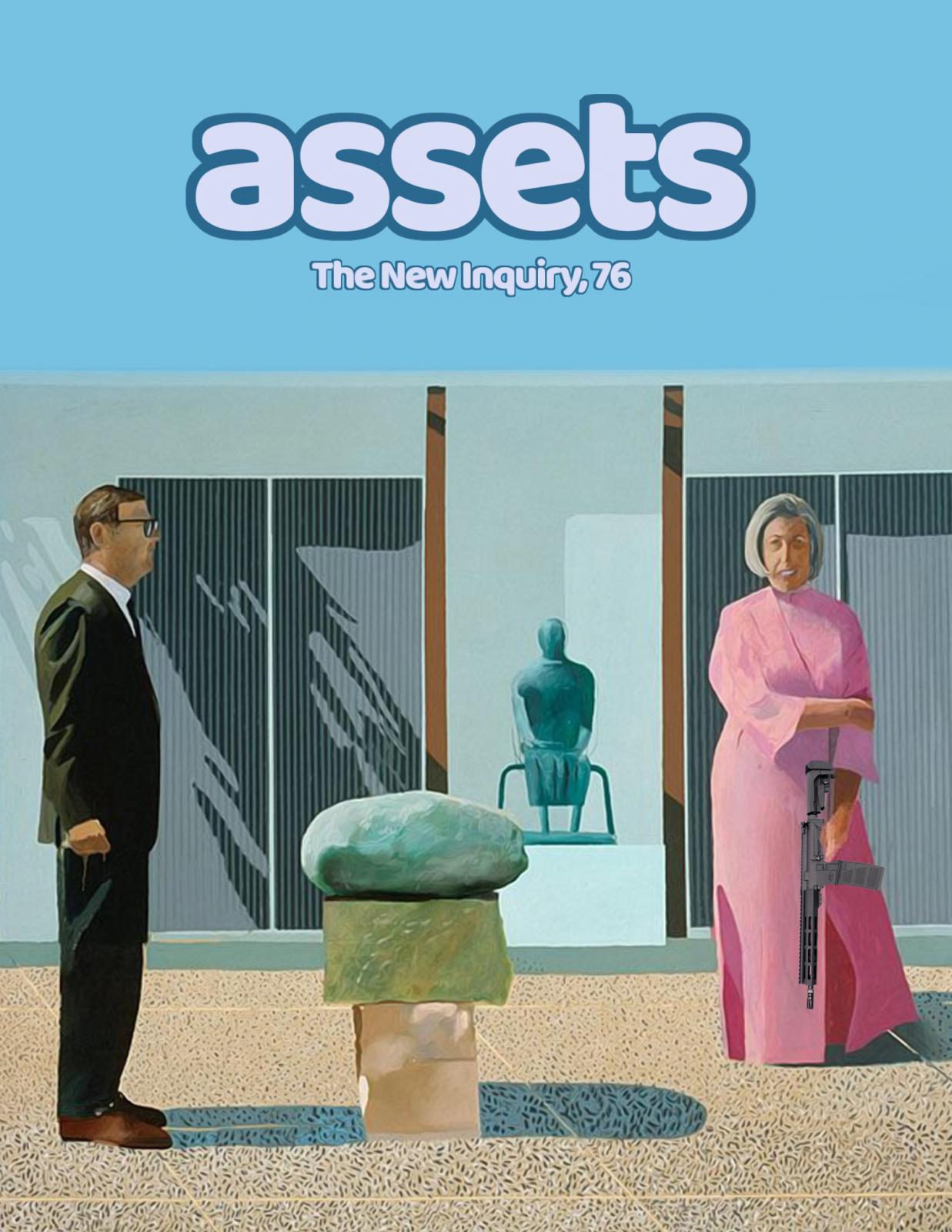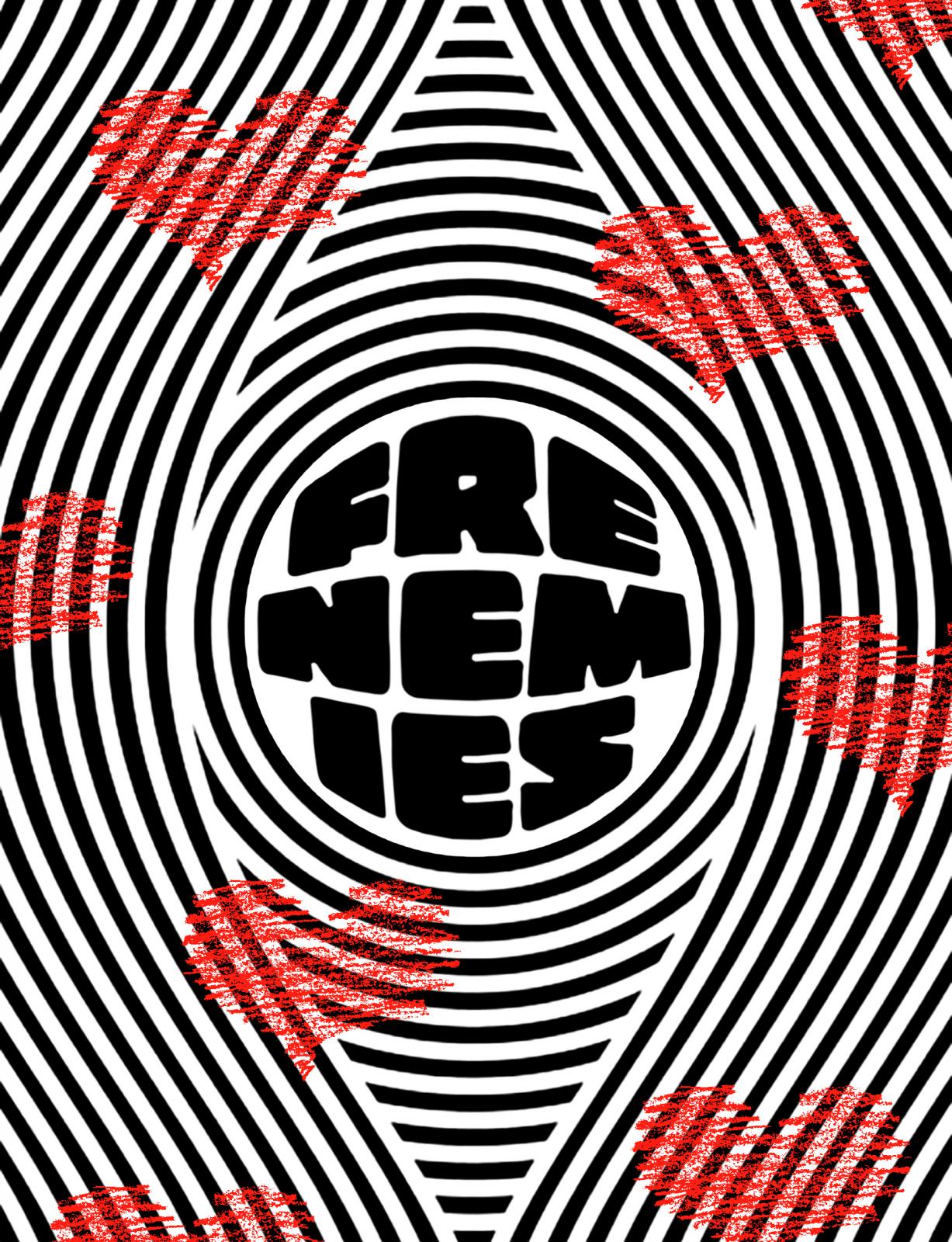Science/Fiction
Editors' Note
SCIENCE, any scientist will assure you, is full of facts. But once they leave the paywalled confines of academic journals, these facts circulate like fictions. Politicians, corporations, and social engineers peddle scientific narratives, competing to realize their own visions for world domination. These narratives are the stuff we’re made of–physically, legally, anxiously, and spiritually. We’re limited not just by the shape their visions have taken, but by how little time for leisure their worlds allow. This is time that could be spent imagining ourselves (and our world) as otherwise.
Scientific narratives are fundamentally stories about what it means to be a human–which is also to say, they are stories about who counts as such. It matters who labors to write them, not to mention who decides what counts as labor. It’s no coincidence that those with the most resources (like free time) end up setting the agenda for the future. In Science/Fiction, our contributors seize the means of speculation from capitalists, technologists, and corporate scientists. Their essays reveal how quickly the friendly, familiar representations of technologies stutter and shatter when put under the pressure of Marxist, feminist, and socialist perspectives.
The most seductive narratives aren’t necessarily true. Modern medicine’s obsession with the microbiome lets us map an easy correspondence between our outer and inner worlds–and it’s elegance of the analogy, as much as the science itself, that drives new research initiatives. Nitin K. Ahuja questions whether such an easy framing fails to tell the full story.
Or consider how the machines that tell us what we like (and who we are) are often portrayed as assistants, even friends. We may be playing their games, but they’re really playing us. Every time you respond to an algorithm recommending a movie, explains Sam Lavigne, you’re teaching it to do its job better, for free: “If we understand work as any human activity that generates wealth, and our interactions with machine learning systems as incremental contributions to the means by which companies make money, then we are in effect laboring without compensation nearly every time we use the Internet.”
Until we can smash (or own) the tools of production, resistance is better than nothing. In a special feature for this issue, Kade Crockford breaks down the basics of encryption so that you can “tell your weed dealer how much dank you want, tell your comrades where to meet up, and tell your mom you love her.” There’s nothing more to lose from being too paranoid in Trump’s America, Crockford warns, since we might have already lost it anyways.
Many futures have already arrived quietly–without a manifesto, white paper, or megalomaniac to announce them. Trevor Paglen suggests that this century’s rise of machine vision–which not only renders images invisible, but also acts on daily life unseen–represents a profound transformation of power. “Smaller and smaller moments of human life are being transformed into capital, whether it’s the ability to automatically scan thousands of cars for outstanding court fees, or a moment of recklessness captured from a photograph uploaded to the Internet.”
Some of our futures are crappy reboots. After all, when considered in a historical light, Peter Thiel–with his vampiric investment in harvesting young blood and intergalactic ambitions–is less a figure of the future than he is a reboot of a failed Bolshevik past. Many of his aspirations, argues A. M. Gittlin, were first disastrously attempted by early twentieth-century utopian socialists and writers who self-identified as God-Builders, Biocosmist-Immortalists and other retrospective losers.
Other worst possible scenarios are on their way. In his review of Peter Frase’s Four Futures, Rob Horning notes how familiar the book’s most extreme vision feels, with its “‘inverted global gulag’ of ‘gated communities, private islands, terrorism paranoia, biological quarantines,’ where elites build heavily guarded and well-supplied enclaves, and impoverished regions are left to the ravages of global warming, rising oceans, and dwindling resources.” Frase calls his work “social science fiction.” This, too, feels right.
If the boundary between science and fiction turns on the difference between truth and falsehood, the genre of science fiction might represent our post-truth regime more accurately than either disjointed discipline. “If we are serious about trying to reckon with how we ended up in what seems like an alternative future, we might start with sources other than the news,” Joanna Radin declares in her essay on the glitchy plot of HBO’s Westworld. Our politics need to be better programmed for the ghosts of racial capitalism that stick in the machine. “After all, The Apprentice was great reality TV until it became reality.”
At the very least, the shows are more entertaining than anything on NPR. After having listened to hundreds of episodes of popular science podcasts like Radiolab, Invisibilia, and the Hidden Brain, David A. Banks observes that these “center-left influencers seem to be doubling down on positivism to combat a right-wing extremism that rests on a foundation of affect.” It’s a missed opportunity, since this factual fetish is far less effective, or affecting, than Trump decrying climate change as hoax. “Leftist voices are at their most inspiring” not when they promote positivist explainerism, Banks argues, but “when they articulate all possible tomorrows.”
But even utopic thinking has its limits, especially for the authors who engineer such visions. In a panel discussion hosted by PEN in early November and excerpted in the issue, science fiction and fantasy authors Deji Bryce Olukotun, Maria Dahvana Headley, and Haris Durrani discuss the promise of worldbuilding–and how, even in the most fantastical of fictions, structural realities persist.
It’s worth asking what’s left of technology’s emancipatory potential in a world overrun with Californian overlords announcing we live in their simulation. A utopian manifesto might not be a digital technology, but it presents itself as a sharp political tool. In an interview with Francis Tseng, Helen Hester of Laboria Cuboniks, a feminist collective, discusses the way in which the genre “might be conceived of as swaying between describing what’s wrong with current conditions, declaring what one wants instead, and pointing towards how to obtain this … It discourages hedging, fence-sitting, and trepidation, and (in small doses, in the right context) that can be very liberating–hopeful, even.”
Featuring
-
Editors' Note, Vol. 57: Science/Fiction
-
Let Them Drink Blood
-
The Eaten World
-
Invisible Images (Your Pictures Are Looking at You)
-
The End Is Always Near
-
Where Nothing Can Possibly Go “Worng”
-
The Changing Faces of Sci-Fi and Fantasy
-
Security Culture Is Good
-
Podcast Out
-
The Networked Assembly Line
-
Particular Universals





